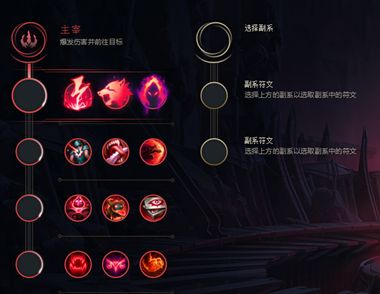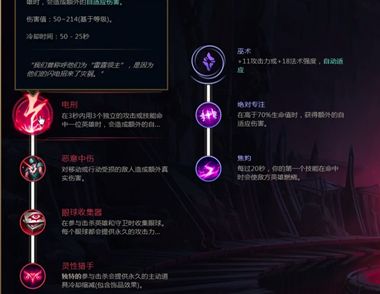代码如下:
import java.util.*;
public class welcome {
public static void main(String[] args)
{
/*
* Test 1: Methods can't modify numeric parameters
*/
System.out.println("Testing tripleValue:");
double percent = 10;
System.out.println("Before: percent =" + percent);
percent = tripleValue(percent);
System.out.println("After: percent =" + percent); //这里输出为30了!正常的结果
/*
* Test 2: Methods can change the state of object parameters
*/
System.out.println("nTesting tripleSalary:");
Employee harry = new Employee("Harry", 50000);
System.out.println("Before: salary =" + harry.getSalary());
tripleSalary(harry);
System.out.println("After: salary =" + harry.getSalary());
/*
* Test 3: Methods can't attach new objects to object parameters
*/
System.out.println("nTesting swap:");
Employee a = new Employee("Alice", 70000);
Employee b = new Employee("Bob", 60000);
System.out.println("Before: a =" + a.getName());
System.out.println("Before: b =" + b.getName());
swap(a, b);
System.out.println("After: a=" + a.getName());
System.out.println("After: b=" + b.getName());
}
public static double tripleValue(double x) // doesn't work
{
return x = 3 * x;
//System.out.println("End of method: x=" + x);
}
public static void tripleSalary(Employee x) // works
{
x.raiseSalary(200);
System.out.println("End of method: salary=" + x.getSalary());
}
public static void swap(Employee x, Employee y)
{
Employee temp = x;
x = y;
y = temp;
System.out.println("End of method: x=" + x.getName());
System.out.println("End of method: y=" + y.getName());
}
}
class Employee // simplified Employee class
{
public Employee(String n, double s)
{
name = n;
salary = s;
}
public String getName()
{
return name;
}
public double getSalary()
{
return salary;
}
public void raiseSalary(double byPercent)
{
double raise = salary * byPercent / 100;
salary += raise;
}
private String name;
private double salary;
}
如果是以下代码:System.out.println("After: percent =" + percent); //这里输出为10了!因为静态方法达不成你要的效果
这是因为静态方法不能对对象产生效果,和静态域一样,它属于类,不属于任何对象。
代码如下:
/**
* This program demonstrates parameter passing in Java.
* @version 1.00 2000-01-27
* @author Cay Horstmann
*/
public class ParamTest
{
public static void main(String[] args)
{
/*
* Test 1: Methods can't modify numeric parameters
*/
System.out.println("Testing tripleValue:");
double percent = 10;
System.out.println("Before: percent=" + percent);
tripleValue(percent);
System.out.println("After: percent=" + percent);
/*
* Test 2: Methods can change the state of object parameters
*/
System.out.println("nTesting tripleSalary:");
Employee harry = new Employee("Harry", 50000);
System.out.println("Before: salary=" + harry.getSalary());
tripleSalary(harry);
System.out.println("After: salary=" + harry.getSalary());
/*
* Test 3: Methods can't attach new objects to object parameters
*/
System.out.println("nTesting swap:");
Employee a = new Employee("Alice", 70000);
Employee b = new Employee("Bob", 60000);
System.out.println("Before: a=" + a.getName());
System.out.println("Before: b=" + b.getName());
swap(a, b);
System.out.println("After: a=" + a.getName());
System.out.println("After: b=" + b.getName());
}
public static void tripleValue(double x) // doesn't work
{
x = 3 * x;
System.out.println("End of method: x=" + x);
}
public static void tripleSalary(Employee x) // works
{
x.raiseSalary(200);
System.out.println("End of method: salary=" + x.getSalary());
}
public static void swap(Employee x, Employee y)
{
Employee temp = x;
x = y;
y = temp;
System.out.println("End of method: x=" + x.getName());
System.out.println("End of method: y=" + y.getName());
}
}
class Employee // simplified Employee class
{
public Employee(String n, double s)
{
name = n;
salary = s;
}
public String getName()
{
return name;
}
public double getSalary()
{
return salary;
}
public void raiseSalary(double byPercent)
{
double raise = salary * byPercent / 100;
salary += raise;
}
private String name;
private double salary;
}










